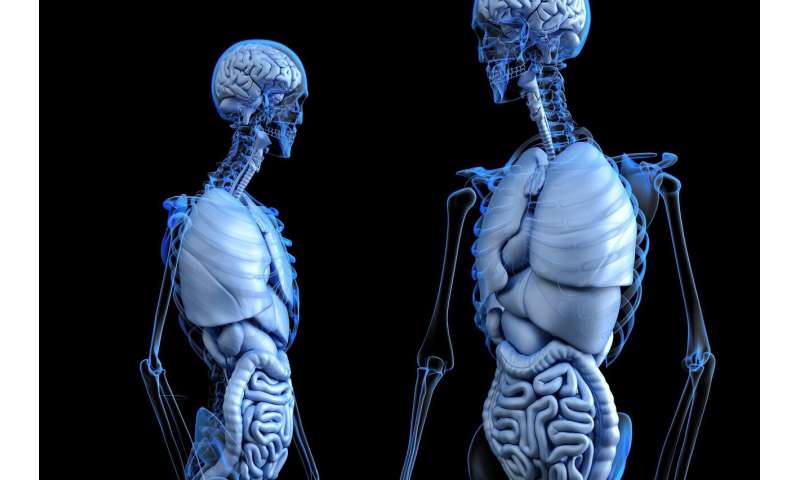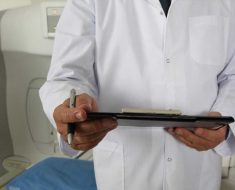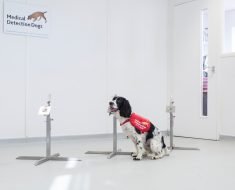
Synthetic bone substitutes are promising materials for bone defect repair, but their efficacy can be substantially improved by bioactive agents such as growth factors. In a new study, researchers have modified beta-tricalcium phosphate (β-TCP) with increasing quantities of bone morphogenetic protein 2 (BMP-2) derived from E. coli and shown improved bone healing. The study is published in Tissue Engineering.
Yuelian Liu, Ph.D., Academic Center for Dentistry Amsterdam, Amsterdam, Netherlands, and colleagues present their work in an article titled “Dose Effects of Slow-Released Bone Morphogenetic Protein-2 Functionalized β-Tricalcium Phosphate in Repairing Critical-Sized Bone Defects”.
The authors created bone defects in a rat calvarial model and then attempted repair using β-TCP granules coated with a biomimetic calcium phosphate preparation that allows slow release of BMP-2. Bone growth and maturation were studied in comparison with autologous bone grafts using micro-CT scans, histology, and histomorphometry, and toxicity was assessed with blood tests. The E. coli-derived BMP-2 successfully improved bone formation with efficacy comparable to autologous grafts, and higher BMP-2 concentration promoted bone maturation.
Source: Read Full Article





